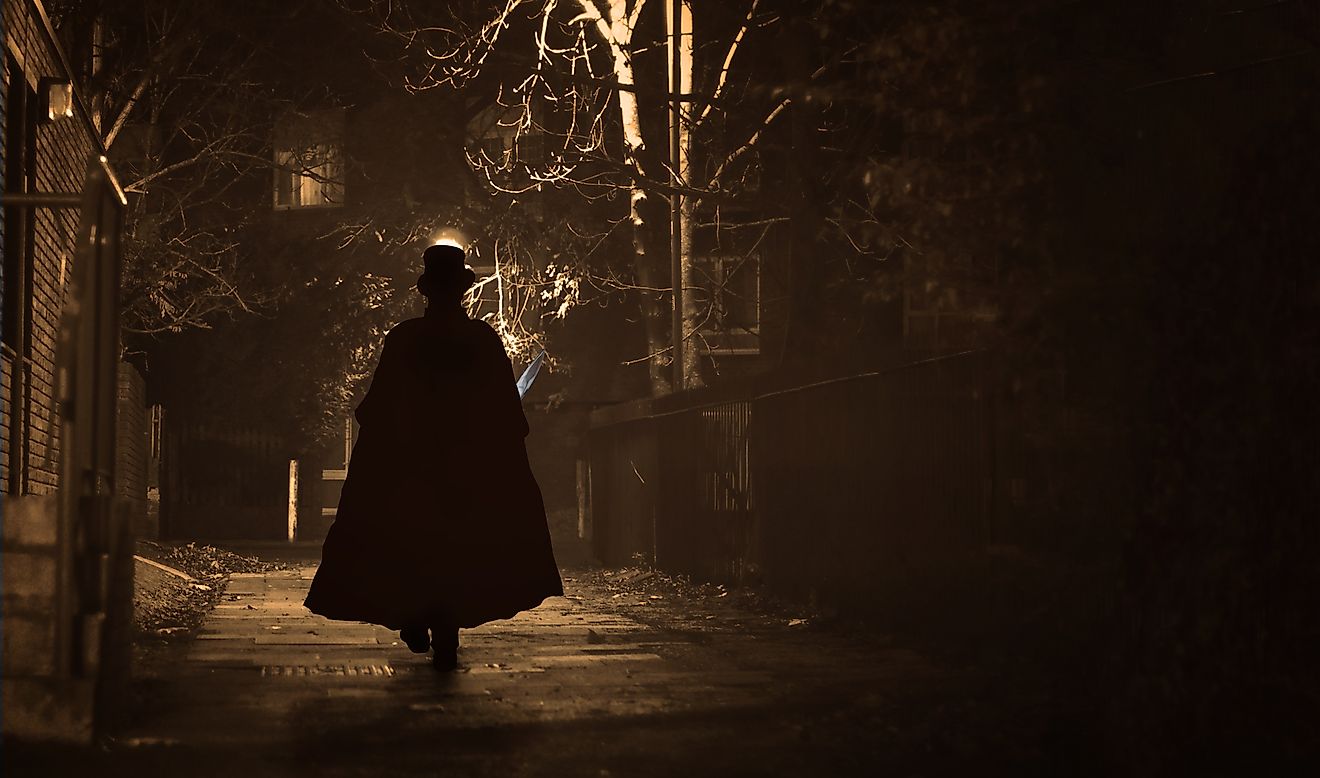What Is Scientology?

Traditionally, faith and reason have been considered as the main source of religious beliefs. The interplay between the two and their use or support for religious beliefs has been an area of interest for philosophers and theologians. Religion relates humanity to cosmos order of existence and contains various elements such as sacred things, supernatural being, and faith. There are approximately 10,000 religions worldwide with 84% of the world’s population affiliated with one of the five major religions. With the onset of modernization and the era of scientific revolution, some religions have significantly evolved and new religions discovered. One of these modern religions is scientology.
Definition Of Scientology
Scientology is a form of religious belief and practice that was developed in 1954 by L Ron Hubbard. The religion offers a definite path that leads to an understanding of a person’s true spirituality and relationship to self, fellow human, a material and spiritual universe, different forms of life, and a supernatural being. The religion addresses the spirit, not the body or mind, and believes that human as not just the product of his environment or genes. Scientologists believe that human beings are immortal spiritual beings with limitless abilities, and whose experiences go beyond a single lifetime.
Beliefs And Practices Of Scientology
Unlike several other religions, Scientology does not require one to believe in anything or have faith. That which is true for one is what they observe to be true. A person discovers for themselves by applying the principles of Scientology and experiencing the results. The religion also believes that man is generally good, not evil. It is his experience that leads him to do evil and not his nature. By seeking to solve his problem, humans may cause trouble to themselves or others. Since human beings are good, they can also be spiritually better. Thus, it is the aim of Scientology to lead them to the point where they can sort out their problems. Scientologists, therefore, believe that the religion has solutions to problems of living and the aim is to increase awareness and freedom.
Scientology Ceremonies
Scientology embraces the concept of church ministers who perform similar ceremonies as rabbis and priests of other religions. The ministers conduct Sunday worship service which involves recitation of the Creed of Scientology, sermons, auditing, and prayers which provide the congregation with an opportunity to commune with the Infinite. The congregation also celebrates a wedding and naming ceremonies and marks the passing of a fellow with funeral rites. The recitation of the Creed is an important part of a church service since it affirms the spiritual aim of the church and its social mission. Group auditing includes series of instructions aimed at increasing one’s awareness and put them in a better communication with everyone and everything. The sermons address topics that are related to the principle of Scientology and explore their relevance to everyday existence.
Controversies Surrounding Scientology
Scientology remains one of the world's most controversial religions - so much that many don't consider it a religion, but a cult. The Church of Scientology has clashed with the government in many countries including the US, UK, Canada, and France. In many cases, scientology has filed lawsuits against the government. The members have been accused of criminal behaviors and harassment of the people. The practice of “Disconnection” which allows members to shun any person they have already known including family members has been labeled a suppressive act. Other controversies include an allegation of coerced abortions, litigations, and violation of auditing confidentiality.











